On November 17, 2025, an International Crimes Tribunal, an institution set up by Sheikh Hasina to try war criminals who contributed to the 1971 Bangladesh genocide, passed a death sentence against Sheikh Hasina, the former Bangladeshi Prime Minister who fled to India amidst riots in 2024. That the post-coup government appointed Golam Mortuza Mozumder as Tribunal chair is telling. He previously was the chief defence lawyer for the 1971 war criminals. Even defendants deserve counsel, but their advocates often self-select due to ideological proclivity.
Muhammad Yunus’ post-coup government also prioritises ideology, terrorising minorities, and promoting Islamic extremism. Yunus has overseen the thorough corruption of Bangladesh’s judiciary to the extent that neither India nor the broader international community should treat the Tribunal’s verdict with credibility or respect. Indeed, in many ways the verdict represents projection; by demanding capital punishment toward Sheikh Hasina for supposed illegal acts and crimes against humanity, the court is perhaps presaging the verdict that Yunus himself deserves and must one day suffer.
As India considers its next steps and Sheikh Hasina becomes a subject of contention with the country with whom India shares its longest border, it should ensure it does not replicate the mistakes of US President Jimmy Carter and Mohammad Reza Pahlavi, the exiled Shah of Iran.
On January 16, 1979, the Shah left Iran against the backdrop of escalating street protests and an abortive effort to crack down on the dissent. He initially fled to Egypt, and then travelled to Morocco, the Bahamas, and Mexico before entering the United States on October 22, 1979, for cancer treatment.
The Islamic Republic was outraged and demanded the Shah’s extradition, much like Yunus’ junta does. India should be prepared for what came next: Within two weeks, a mob answering loosely to Revolutionary leader Ayatollah Ruhollah Khomeini seized the US Embassy in Tehran and took 52 diplomats hostage for 444 days to compel the Shah’s extradition among other demands. It would be neglectful for India’s Ministry of External Affairs not to reinforce security at its High Commission in Dhaka, and its Assistant High Commissions in Chittagong, Rajshahi, Khulna, and Sylhet.
Quick Reads
View AllCarter was desperate for diplomacy and reconciliation with the new Iranian authorities; he still believed the black-and-white image put forward by progressives that the Shah was a dictator and Khomeini a paradigm of human rights.
Rather than defend the Shah who had stood staunchly by America during the Cold War, Carter not only sought to hasten the cancer-stricken Shah’s departure for Panama, but he secretly encouraged Panamanian authorities to return the Shah to Iran.
Khomeini was not assuaged. As Peter Rodman, a former aide to Henry Kissinger, noted, “The eagerness to prove goodwill to an intransigent opponent paradoxically makes a settlement less likely.”
The cost of Carter’s venality went beyond Iran, however. His willingness to reverse course under pressure and betray former allies reinforced the Soviet belief that Carter was weak and indecisive, and convinced Leonid Brezhnev’s inner circle that any American reaction to a Soviet invasion of Afghanistan would be slight.
The Shah left for Panama on December 15, 1979, and ultimately died in Cairo, where he is buried. While many Americans view Carter as a good ex-president, and he is even more popular on the world stage, most Americans see his presidency as a failure on the foreign policy front. His failure to stand up for allies and his belief that he could appease enemies diminished America on the world stage. To his dying day, Carter never understood that men like Khomeini — or, in the modern case, Yunus — will never put reason or reform above ideology or personal animosity.
Fortunately, Prime Minister Narendra Modi is not Carter and pursues a robust rather than self-flagellating foreign policy. Still, as the 19th-century American novelist Mark Twain supposedly quipped, “History doesn’t repeat itself but it often rhymes.” As Yunus pushes Bangladesh down the same path that Khomeini took Iran, India should learn the lessons from that episode: Stand firm, make no compromise, and support Sheikh Hasina and perhaps even seek to restore her rule. To appease Yunus and his Islamist backers would be no more effective than Carter’s appeasement was toward Khomeini with regard to the future trajectory of relations.
(Michael Rubin is a senior fellow at the American Enterprise Institute and director of policy analysis at the Middle East Forum in Washington, DC. The views expressed in the above piece are personal and solely those of the author. They do not necessarily reflect Firstpost’s views.)


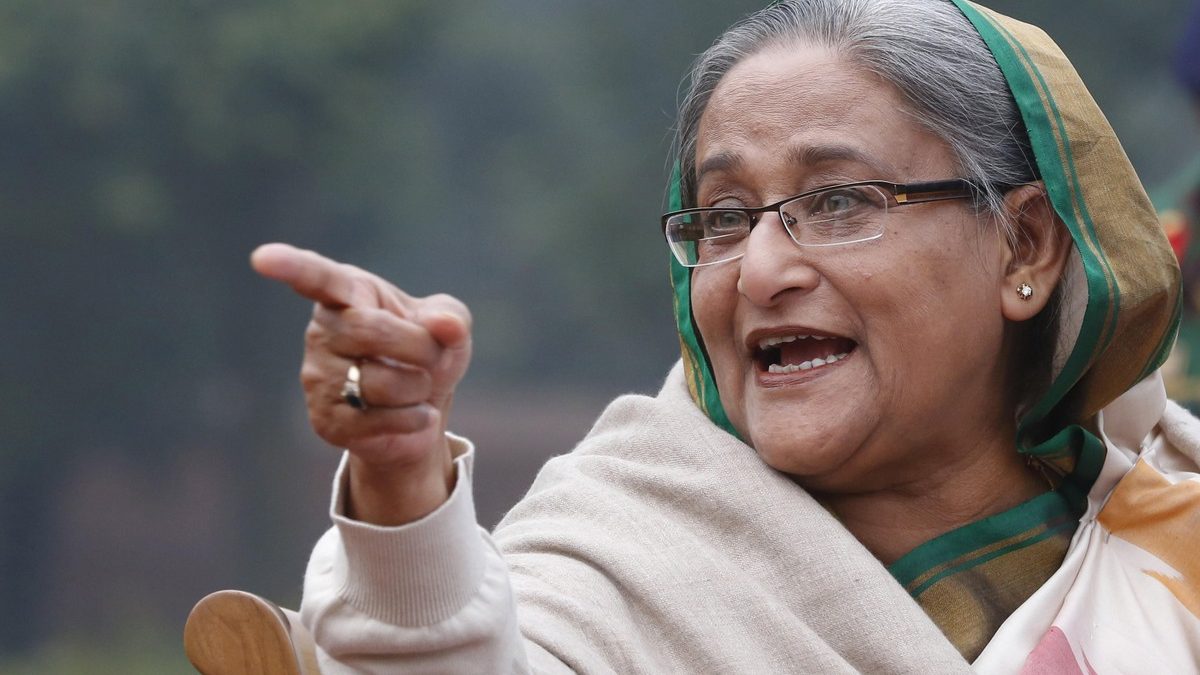)
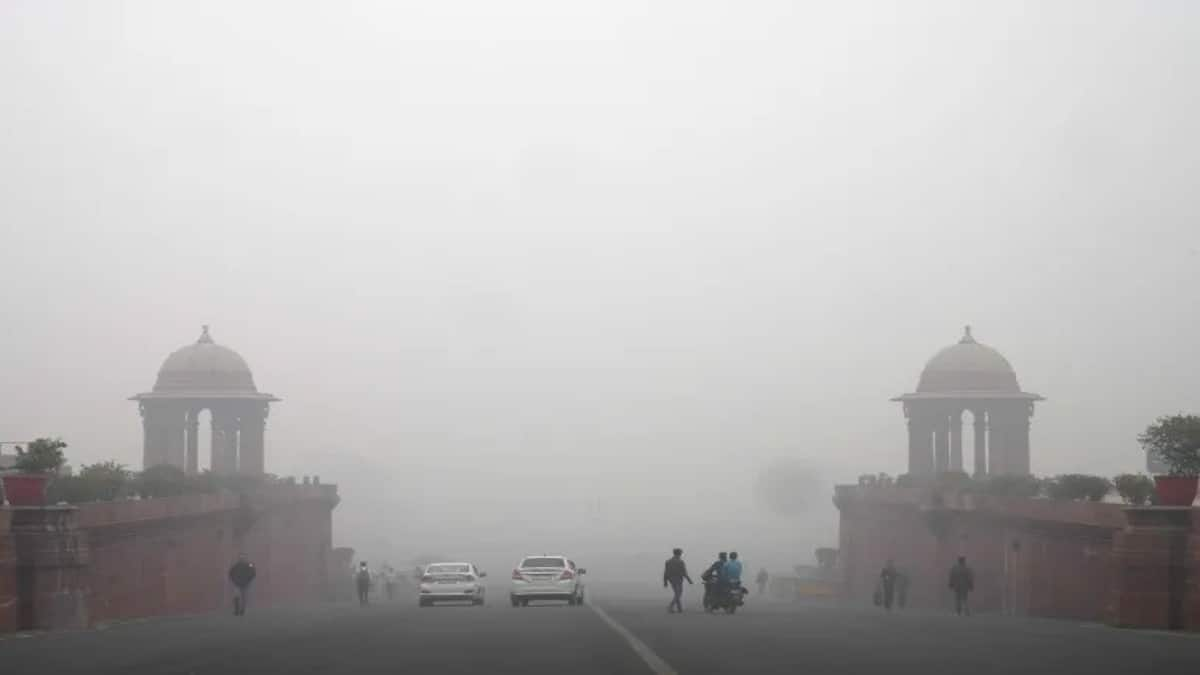
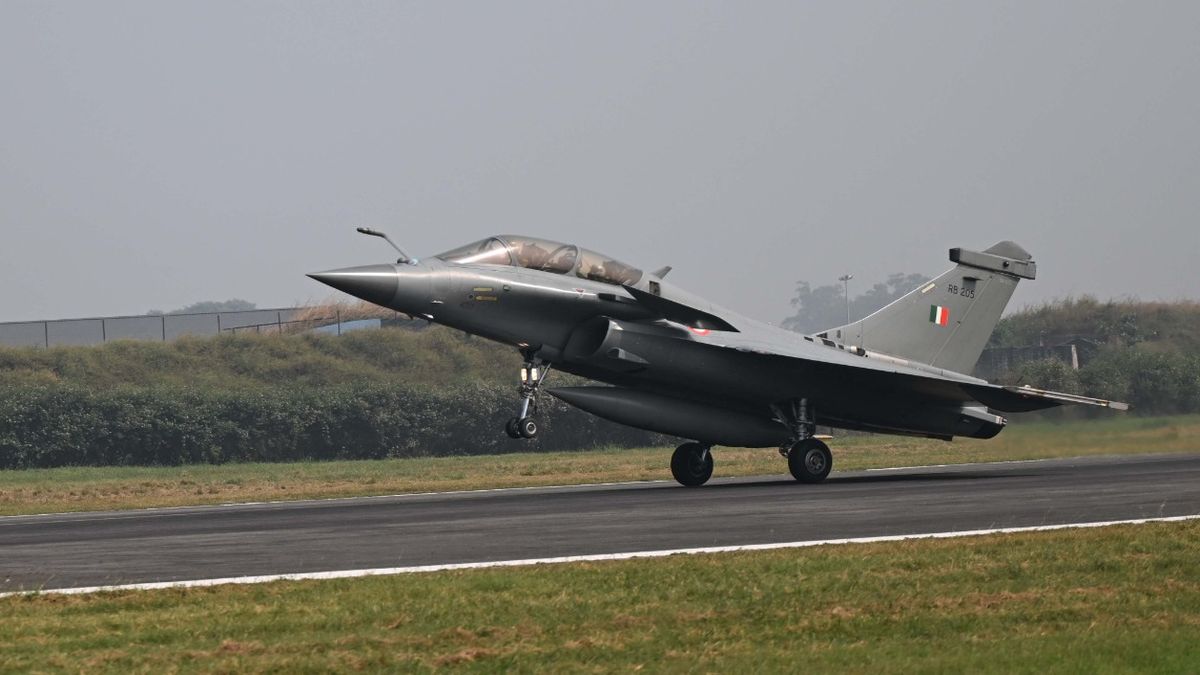)
)
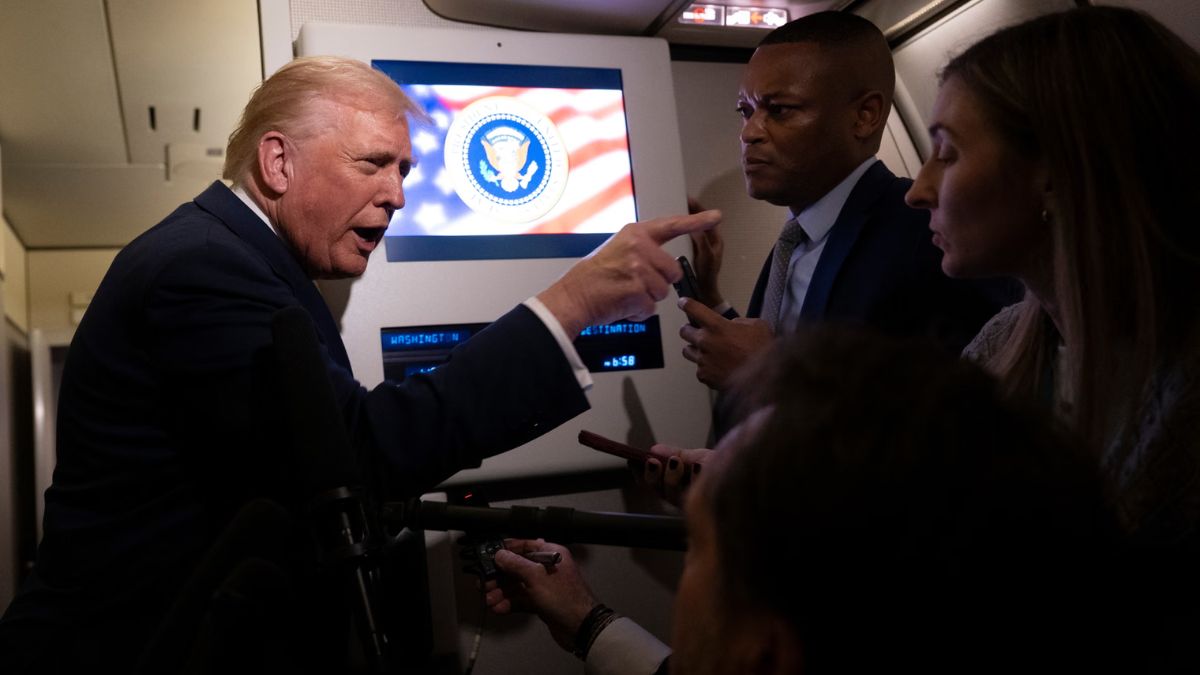)
)
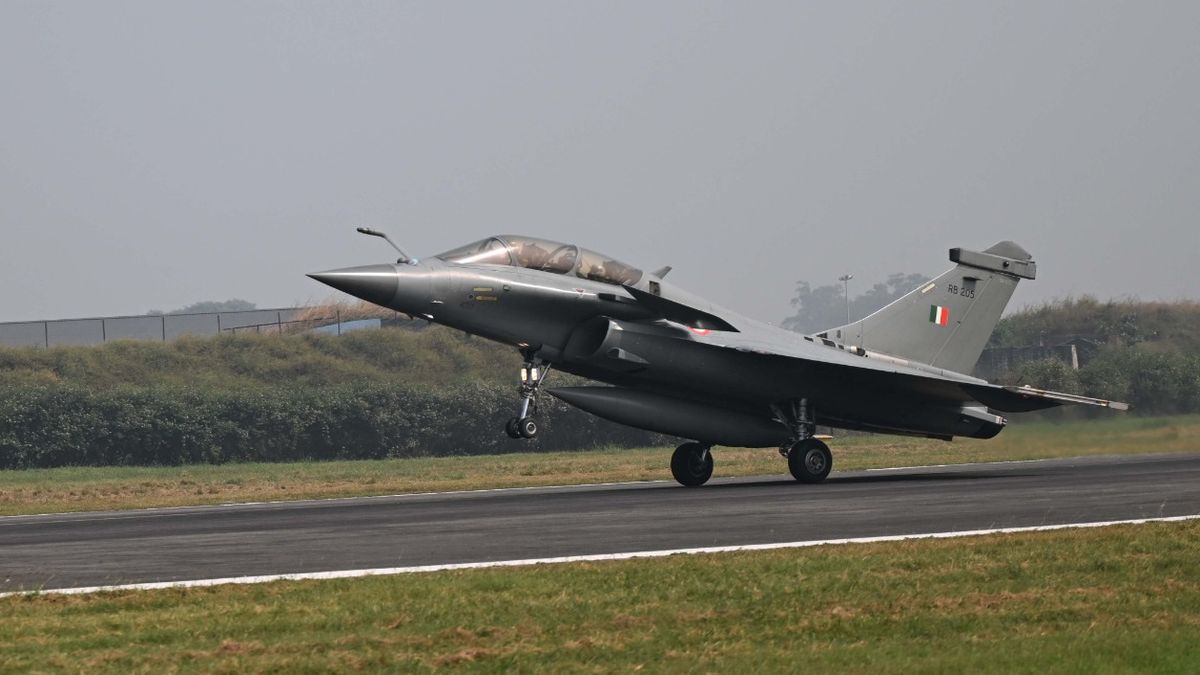)
)
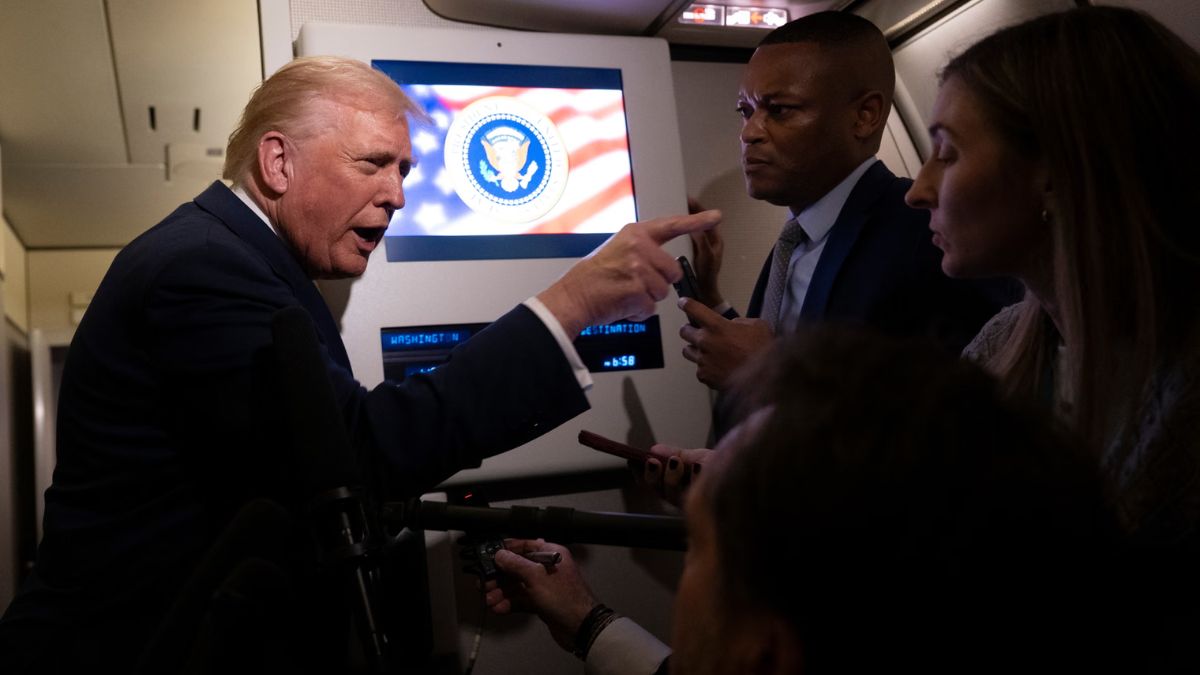)
)



